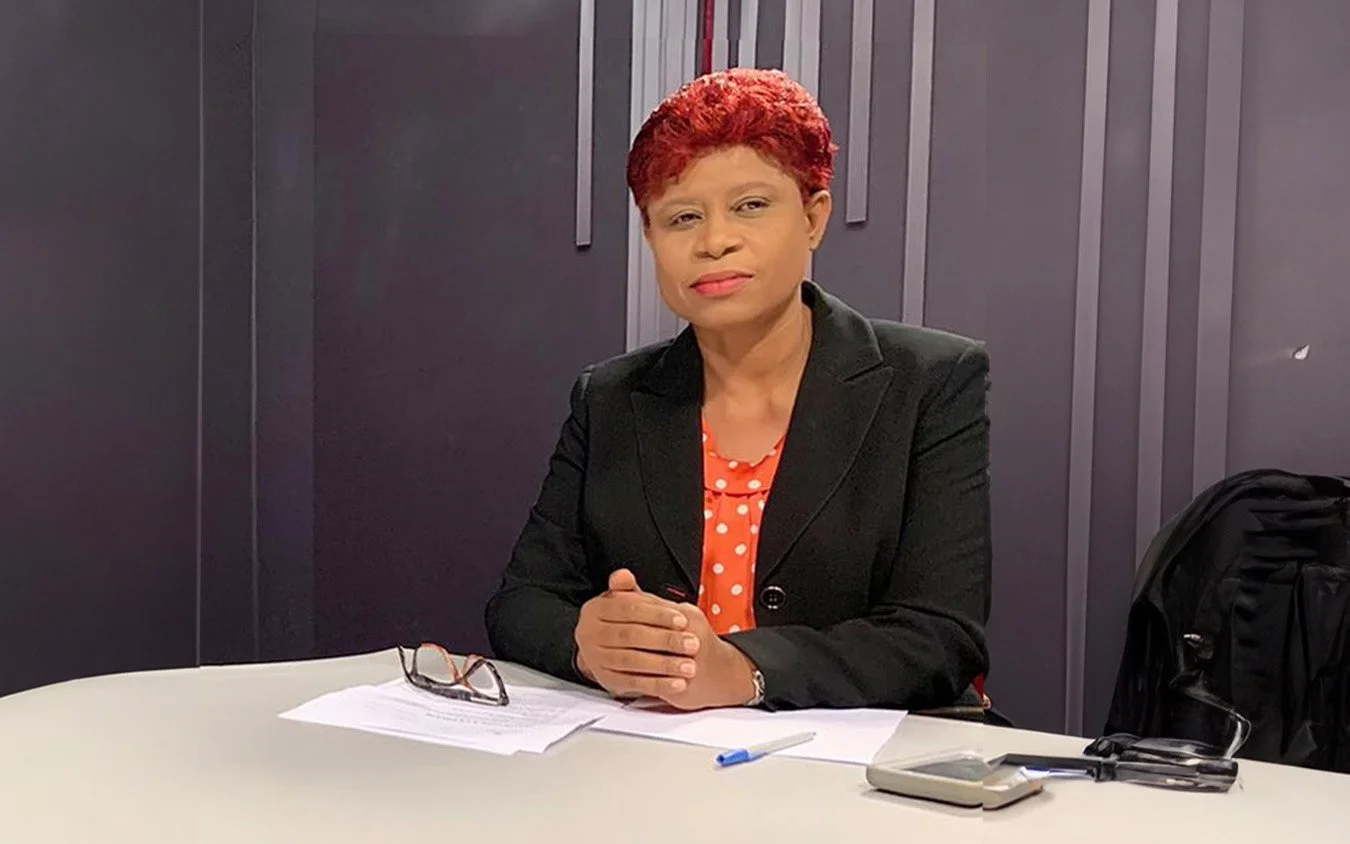Haiti: Criminal Gang Abduct Well-known Journalist Marie Lucie Bonhomme Opont
The Coalition For Women In Journalism is increasingly alarmed by the attacks and abduction of journalists in Haiti
Location: Haiti, Port-au-Prince
Date: June 13, 2023
Marie Lucie Bonhomme Opont, a well-known journalist for Radio Vision 2000, was abducted and later released by one of the notorious gangs operating in Port-au-Prince. Her husband, a journalist, later disappeared and is still missing. The Coalition For Women In Journalism is deeply concerned for the welfare of journalists working in Haiti, and demands criminal gangs stop targeting press workers.
“I’ve been a journalist for over 35 years, and the situation in Haiti has never been so dangerous,” said prominent Haitian journalist Marie Lucie Bonhomme Opont, after experiencing a terrifying ordeal when a group of armed men stormed into her home, brandishing rifles and handguns.
At 3:00 a.m. on June 13, 2023, at her home in the Tabarre neighborhood, Bonhomme was kidnapped by the Kraze Baryè gang, a criminal group led by fugitive Vitel’homme Innocent.
The capital city of Haiti has been plagued by a deep climate of insecurity and political crisis, with gangs exerting control over large portions of the area. As a result, journalists, media workers, and executives have become prime targets for attacks, kidnappings, and even murders.
“I believe I was deliberately targeted. It was clear that Vitel’homme knew who I was. Sadly, I don’t know why he chose to abduct me; just to send a message perhaps,” Bonhomme told CPJ.
Once inside her home the men ransacked the house, taking two laptops, Bonhomme's cell phone, iPad, and internet router.
Bonhomme was then forced into her car and later transferred into a pick-up truck. After a drive lasting around 90 minutes, they arrived at a gated courtyard of a house. Moments later, the front car door swung open, and a man addressed Bonhomme by her first name, speaking to her in Creole. He inquired about her well-being and if she recognized his voice. She responded yes, identifying him as Vitel'homme.
During their five-minute conversation, Bonhomme recounted that she was unable to see Vitel'homme's face due to the darkness outside, but his voice was unmistakable from his numerous broadcasts. Surprisingly, he did not display anger towards her but expressed frustration with those he had collaborated with, claiming they now sought to undermine him.
The abductors eventually brought Bonhomme back to her home at around 8 a.m., returning some of the confiscated devices. In the following days, she managed to retrieve her cell phone, car, and work computer by contacting two numbers provided by Vitel'homme.
Although Bonhomme has previously faced threats from gangs and local officials; this is the first time she has been abducted.
Days after her kidnapping, her husband Pierre-Louis Opont, the president of Haiti's Télé Pluriel channel 44, disappeared. He is still missing. Bonhomme believes his disappearance is related to her work as a journalist.
Alarming Instability and Targeting of Journalists in Haiti
Bonhomme is not the only journalist to have experienced the horrors of kidnapping this year. In July, radio presenter Blondine Tanis became the sixth journalist kidnapped in Haiti in 2023. Tanis was released after nine days in captivity following the payment of a ransom, but she was deeply traumatized by the experience. Journalists, Robert Dénis, Lebrun Saint-Hubert, Jean Thony Lorthé, and Sandra Duvivier, were also abducted and later released after ransoms were paid.
In 2023, so far, three journalists have been killed in Haiti. One of the victims, Paul Jean Marie, who worked as a presenter at Radio Lumière, was murdered on May 5 during a break-in at his home. Ricot Jean from Radio-Télé Évolution, and Dumesky Kersaint, an editor at Radio Télé Inurep, were killed in April.
Since the assassination of President Jovenel Moise in 2021, the capital city of Port-au-Prince has become a breeding ground for criminal gangs, who have seized control over vast areas and instilled fear among the population. The situation is worsened by food shortages, with nearly half of the country's citizens suffering from acute hunger.
The Coalition For Women In Journalism is raising concerns about the worsening security conditions faced by journalists in Haiti. Given the ongoing political and social difficulties in the country, it is crucial to take steps to safeguard those who are essential in preserving press freedom and disseminating important information to the public.
As the security situation in Haiti deteriorates further, we call on the international organizations present in the country, such as the United Nations, the US Embassy in Haiti, and the Agence Française de Développement, to denounce the mistreatment of media professionals and advocate for justice and protection for journalists.
The Coalition For Women In Journalism is a global organization of support for women journalists. The CFWIJ pioneered mentorship for mid-career women journalists across several countries around the world and is the first organization to focus on the status of free press for women journalists. We thoroughly document cases of any form of abuse against women in any part of the globe. Our system of individuals and organizations brings together the experience and mentorship necessary to help female career journalists navigate the industry. Our goal is to help develop a strong mechanism where women journalists can work safely and thrive.
If you have been harassed or abused in any way, and please report the incident by using the following form.


